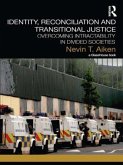
Broschiertes Buch
Overcoming Intractability in Divided Societies
4. Juni 2014
Routledge
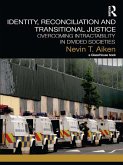
eBook, ePUB
15. April 2013
Taylor & Francis
| Gebundenes Buch | 211,99 € | |
| eBook, PDF | 56,95 € |
eBook, PDF
15. April 2013
Taylor & Francis
Ähnliche Artikel
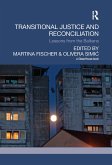
Broschiertes Buch
Lessons from the Balkans
18. Mai 2017
Routledge

Broschiertes Buch
The Aftermath of the Truth and Reconciliation Commission in South Africa and Beyond
2. Dezember 2011
Routledge
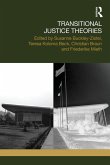
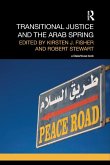
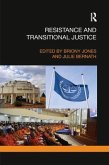
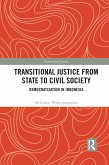
Broschiertes Buch
Democratization in Indonesia
30. Juni 2021
Routledge
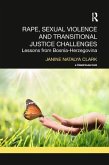
Broschiertes Buch
Lessons from Bosnia Herzegovina
8. Januar 2019
Routledge
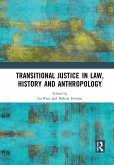
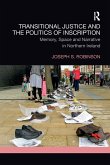
Broschiertes Buch
Memory, Space and Narrative in Northern Ireland
8. Januar 2019
Routledge
Broschiertes Buch
How Constitutions and Constitutional Courts Deal with Past Atrocity
27. Mai 2024
Routledge
Ähnlichkeitssuche: Fact®Finder von OMIKRON
